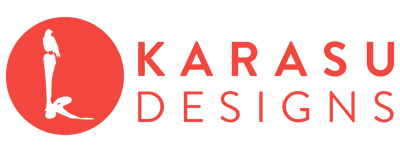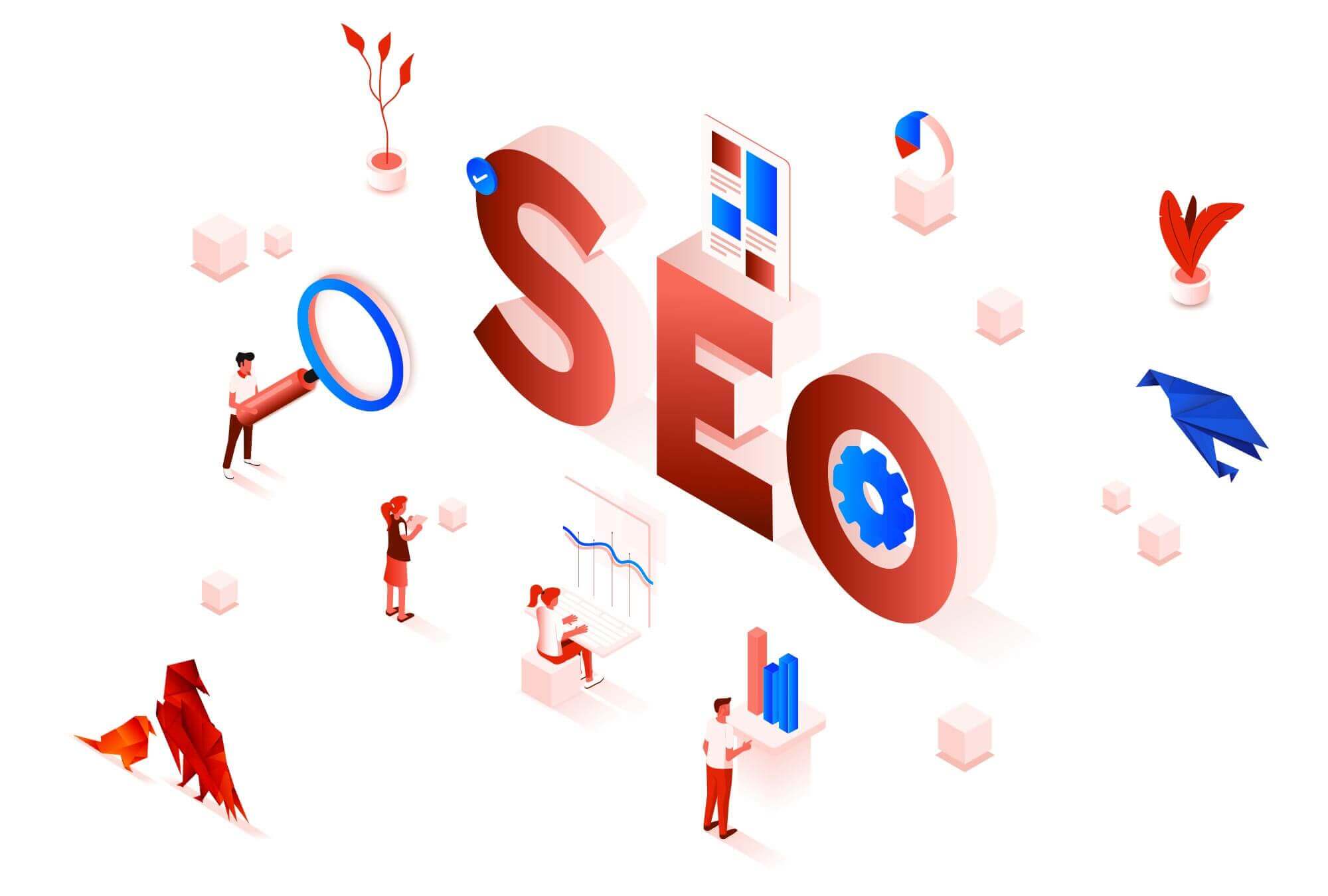Standing out online is harder than ever today. Did you know there are more than 2 billion websites active in the world? Of course, many of these sites will have little to do with you or your industry. But, the reality is fighting for top spots in searches gets more complicated every single day. How can you hope to compete?
Local SEO is one option for many businesses. It gives you a more direct way to cut through and get your website in front of your target audience.
What is local SEO?
At the basic level, local SEO optimizes your website to grow your company’s traffic, leads and awareness that comes through organic, local searches.
Have you ever searched something online and added “near me” to the end of the results? “Best pizza near me,” for example? That’s a general local search. In fact, those kinds of searches are growing more and more every day as people learn how to use their search to meet their needs. So Local SEO can include searches with any location qualifier such as the city name (“pizza in Sydney”), zip code, service area, etc.
Local SEO has its own unique set of ranking criteria that differs from regular SEO, including:
- Local directory websites
- Links from known local sites
- Local newspapers
- Local partner websites
- Google My business
- Review signals
- Number of check-ins your business gets
Local SEO is not just that, but we’ll get into more of that in a minute.
How is local SEO different from regular SEO?
Think of local SEO more like an extension, enhancement, or service pack for your regular SEO. You will do many of the same things you do for your traditional SEO for local SEO. However, you’ll need to optimize a few different things and specific areas for local SEO.
The good news is that some of you are probably already doing some of it without realizing it. You may have even started many of the steps but just aren’t using them to their fullest potential. With local SEO, the devil’s in the details, and you benefit the most when you do everything completely and correctly.
Local SEO is also a bit easier and cheaper in a way. Because you’re not competing against everyone, smaller efforts have more significant impacts on your rankings!
But your regular organic search performance still matters.
The higher you rank in standard organic searches, the higher you’ll rank in snack packs and local searches. So local SEO is an essential part of your overall SEO strategy. Neither can be neglected these days.
Why do you need local SEO?
Like we said earlier, there are billions of websites, and so many businesses are competing for those first few coveted positions in Google search results. To succeed today, companies need to use every opportunity available to them to cut through that competition.
Local SEO helps you compete against other local businesses. You can guarantee that if you’re not doing it, someone else in your industry and location is, and they’ll get the searches instead.
Did you know that the first three local results presented by Google get over half of all click-through traffic?
If you’re not showing up there for your customers, your competition gets those clicks and possibly the sales.
Even if you don’t have a local physical store you’re selling from, you should still look into doing some amount of Local SEO. People want to support local businesses more than ever these days. Being local has value to your customers, even if they are only buying from you online.
Plus, fighting for regional traffic is much more effective than attempting to outrank the rest of the world.
1/5 local searches lead to a sale within a day!
Almost half of all searches have a “local” intent!
Who benefits from it?
Obviously, any business that has a physical, local location MUST engage in local SEO optimizations. 46% of searches have “local intent” these days, and 76% of customers that search for something local on their phone will visit the site that day!
Customers search before they head out to do their shopping. If they don’t see you, they’ll go to another location and buy from your competitors.
Some of the business types that absolutely CANNOT afford to skip Local SEO:
- Service or hospitality: hotels, restaurants, café, bars, etc.
- Medical: private practice doctors, dentists, clinics, chiropractors, etc.
- Legal: personal injury, estate planning, bankruptcy, employment
Any service that can only be done locally: flowers, plumbers, electricians, beauty salons, barbers, fitness centres, etc.
But again, even if you’re not one of these obvious industries, you can still benefit from local SEO. You might say, but I only sell clothes online. Do you know how many clothing resellers are online? Unless you plan on spending a LOT on advertising, how will you compete with the big retailers? Start building your online presence with a smaller local market. Then, when you have customers and positive word of mouth, breaking into other markets is even easier.
What specific areas do I need to focus on for local SEO?
The 3 most important factors in local SEO rankings:
- Google My Business
- On-Page SEO
- Listings in Directories (NAPs)
Google My Business is the most vital for Google search results.
Your Google My Business page is your canonical business information as far as Google is concerned. They want you to register for their maps and listings directly so that they can feed that information more quickly to your customers when they search for you by name.
When customers search your business name, they get your relevant information, such as phone number, business hours, etc. Most businesses know of its existence and have at least put their name in. However, most don’t use it to its full potential.
Have you:
- Added specific keywords, phrases, and search terms related to your business?
- Consistently filled in all your business details like your address, website, hours of operation, and phone number?
- Updated photos of your business and optimized them for SEO?
- Linked your customer testimonials so that Google knows how trustworthy your company is?
NAPs are another critical area to focus on.
What are NAPs? NAP refers to Name, Address, and Phone Number citations and are crucial local SEO ranking signals. The more other local businesses link to your business, the better.
Google uses NAPs to confirm your business is what and who it says it is. The more times Google sees your information listed with the same information on different sites, the more likely you are who you say you are. Plus, these NAP listings serve as local backlinks to your business and improve your organic search rankings. The more people are talking about you, the more authority you have in Google’s eyes.
On-page local SEO
The final component for optimizing your website for local SEO is to tweak your landing pages and content for specific local keywords. You’ll need to consider using different keywords designed to reach your local audience or particular pages or microsites targeted at various locations. These decisions will vary a lot based on what kind of business you have.
Suppose you have a string of restaurants in different suburbs. In that case, it might be worth making unique pages for each location, but not if most of your traffic is online.
We’re happy to talk with you about how much localization is necessary for your business with a clarity call.
With local SEO, consistency is the key!
You must ensure all your content is consistent from your Google My Business page, your website, and any NAPs that link back to you. We all know Ave means Avenue, but sometimes bots that crawl through websites aren’t as bright.
When your company details read one way here and another way there, Google doesn’t know which to prioritize or if the results are valid to begin with. Unfortunately, these minor inconsistencies affect your rankings.
You’re fighting for space against dozens of other businesses. Every little bit matters.
The Benefits of Google “Snack Pack”, “3-Pack”, “Local Pack” Results
Whatever name you call it, the curated results you see at the top of search results is a coveted spot to reach. Google feeds this area to users searching locally, and it is one of the most powerful conversion spots. 44% of people who search locally click these results, with only 8% of users going on to load “more local results.”
And sometimes Google assumes local intent even if the user didn’t define it. Some searches get this “snack pack” feature listing even if the user didn’t add “in Sydney” or “near me” to their search. Just Google trying to be helpful.
Some final takeaways
Every business is different, and not every business will need to take the same steps with local SEO or regular SEO. It’s important you partner with a company that knows how to assess your unique needs and doesn’t just apply a one-size-fits-all solution to your company.
Whatever you do, be patient – SEO rankings don’t magically jump the moment you start optimizing. If you stay consistent and keep working at it, you will see your rankings improve over time.
Still unsure?
Book a Clarity Call with our team at Karasu Designs to see how we can help. Alternatively, our Visibility Health Check can help your business check:
- How complete, accurate and optimized your Google My Business page is
- If all citations are correct and found in the top business directories
- If your site has any errors that would hinder indexing
- How well your site is set up for on-page local SEO elements
- How your site matches up against your competitors in terms of inbound links, content, design, and positioning
Checkout our Cheatsheet as well.
Have questions? Book in a call
READY TO BOOST YOUR WEBSITE SPEEDS?
If any of this is overwhelming to you. Simply book a Clarity Call. It’s free and we promise we won’t sell you anything. Talk to a human being that actually listens to you to see if we can help you.





